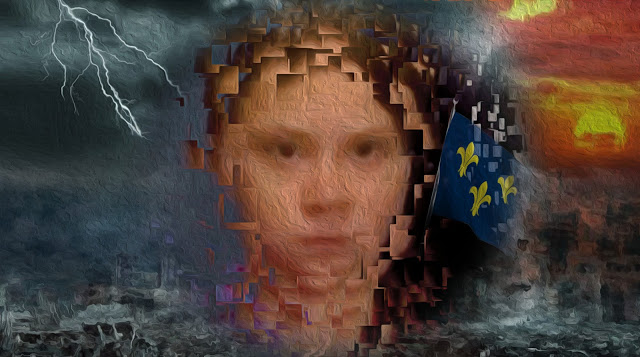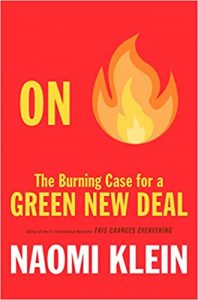The winter solstice is here at last. It’s comforting to know (as well as we can know anything about the future) that tomorrow the northern hemisphere will begin tilting back towards the sun and the daylight hours will begin to increase. Our solar-powered life here on Manitoulin Island will become more secure; by February we will hardly need our generator at all to keep our batteries charged up. In the meantime we can enjoy tramping about the woods with our snowshoes, or watching the chickadees and goldfinches at the feeder.
The global news is not so good. The climate summit in Madrid, COP25, was an abject failure, with the big polluters blocking any attempt at a concerted international effort to significantly reduce greenouse gas emissions. We can expect no genuine leadership to come from the top levels of our governments. That leaves it up to us at the local level to build up our relilience as we deal with the ongoing emergencies. As for instance the Dutch agroecology movement is doing.
The more we humans carry on consuming our context as we have been, the less likely we are to manage the consequences. For instance, where will the hundreds of millions of climate refugees go in the coming decades – now that we have already exceeded the carrying capacity of the planet and driven so many other species to extinction? One journalist in Madrid was musing about all this, and about the Greta phenomenon, as he watched the negotiations fall apart.
My own musing is this: whether we manage to “manage” or not, i hope we can at least wake up from the dream of “progress” and live our time wholeheartedly. I find more resonance than ever in Thoreau’s words from Walden:
God himself culminates in the present moment, and will never be more divine in the lapse of all the ages. And we are enabled to apprehend at all what is sublime and noble only by the perpetual instilling and drenching of the reality that surrounds us.… Let us spend one day as deliberately as Nature … Be it life or death, we crave only reality.

